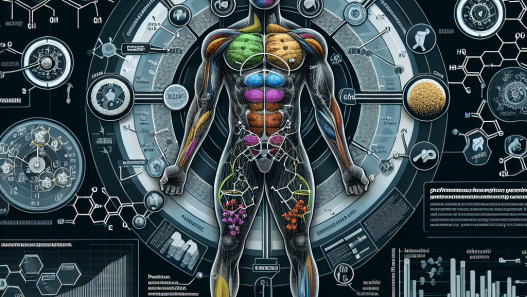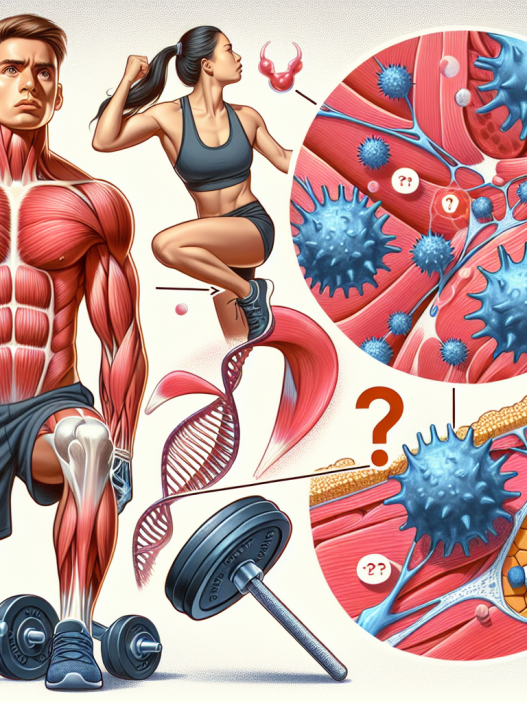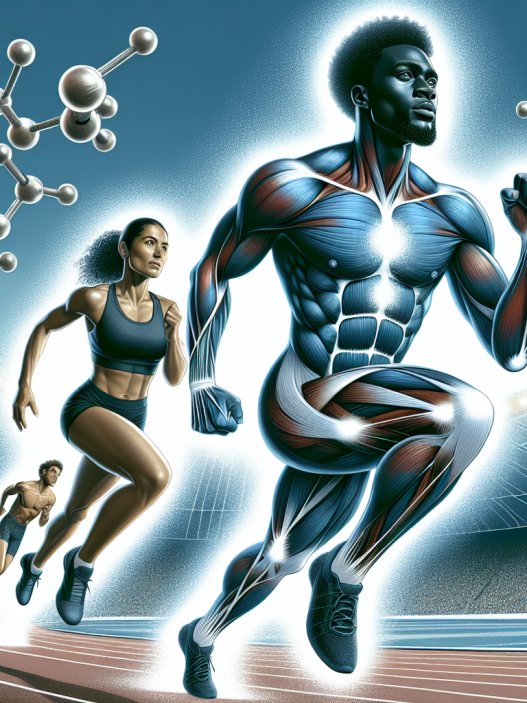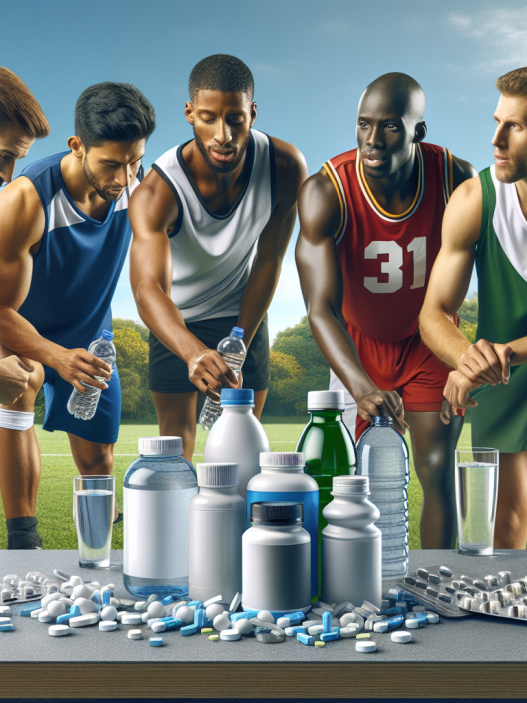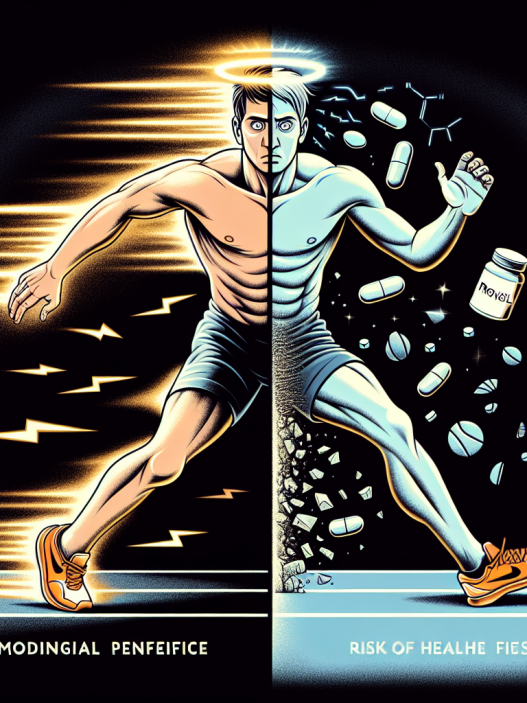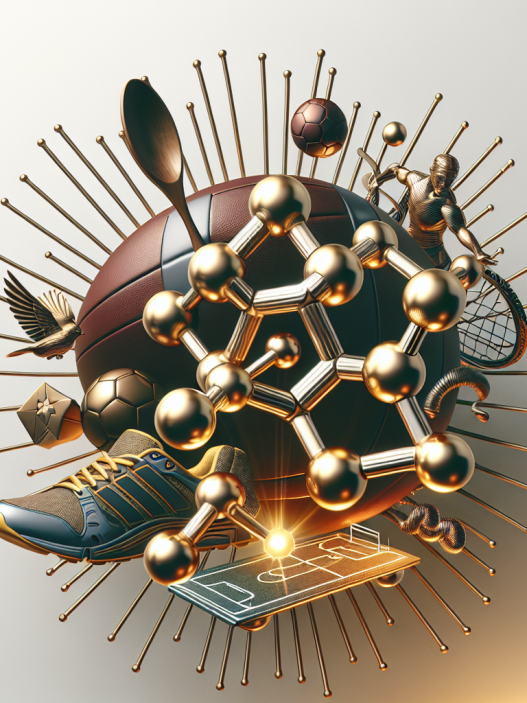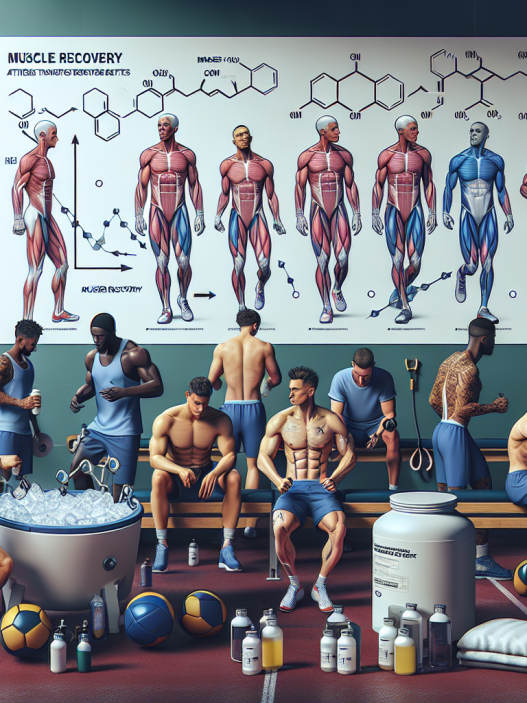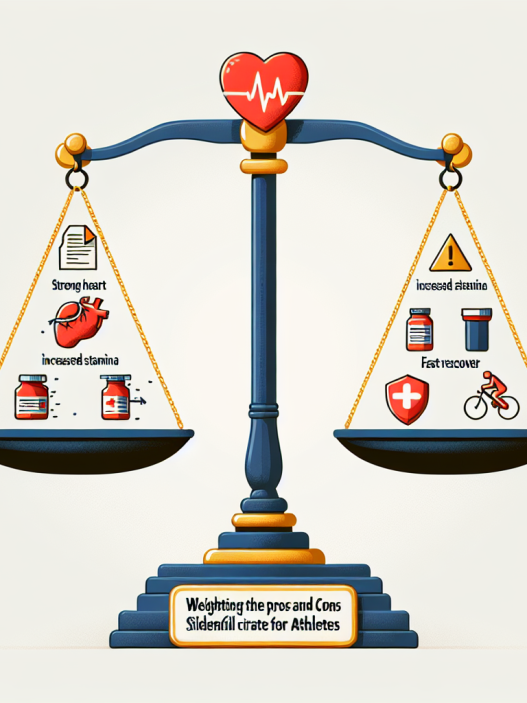-
Table of Contents
Isotretinoin Use Among Athletes: Benefits and Risks
Isotretinoin, also known as Accutane, is a powerful medication primarily used to treat severe acne. However, it has gained attention in recent years for its potential use among athletes. This controversial drug has been reported to improve athletic performance and aid in recovery, but it also comes with potential risks and side effects. In this article, we will explore the benefits and risks of isotretinoin use among athletes, backed by scientific evidence and expert opinions.
The Pharmacology of Isotretinoin
Isotretinoin is a synthetic form of vitamin A that works by reducing the production of oil in the skin, thus preventing acne. It is a retinoid, which means it affects the growth and development of cells. It is also known to have anti-inflammatory properties, making it a potential treatment for other conditions such as psoriasis and certain types of cancer.
When taken orally, isotretinoin is rapidly absorbed and reaches peak plasma levels within 2-4 hours. It has a long half-life of 10-20 hours, meaning it stays in the body for a significant amount of time. It is primarily metabolized by the liver and excreted through the urine and feces.
The Potential Benefits of Isotretinoin Use Among Athletes
There have been reports of athletes using isotretinoin for its potential performance-enhancing effects. One of the main reasons for this is its ability to reduce oil production in the skin, which can lead to a decrease in body weight. This can be beneficial for athletes who compete in weight-class sports, such as wrestling or boxing.
Moreover, isotretinoin has been reported to improve muscle strength and endurance. A study by Kadi et al. (2000) found that isotretinoin treatment in rats resulted in an increase in muscle mass and strength. This is due to its ability to stimulate the production of insulin-like growth factor 1 (IGF-1), a hormone that promotes muscle growth and repair.
Another potential benefit of isotretinoin use among athletes is its anti-inflammatory properties. Inflammation is a natural response to injury or intense exercise, but it can also hinder recovery and performance. Isotretinoin has been shown to reduce inflammation by inhibiting the production of certain inflammatory markers (Kadi et al., 2000).
The Risks and Side Effects of Isotretinoin Use Among Athletes
While isotretinoin may have potential benefits for athletes, it also comes with significant risks and side effects. One of the most well-known side effects of isotretinoin is its potential to cause birth defects if taken during pregnancy. This is why it is strictly contraindicated for pregnant women and women who may become pregnant while taking the medication.
Moreover, isotretinoin has been linked to an increased risk of depression and suicidal thoughts. A study by Wysowski et al. (2001) found that there were 37 reported cases of suicide or attempted suicide among patients taking isotretinoin. While the exact mechanism behind this is still unclear, it is important to consider the potential mental health effects of this medication.
Other potential side effects of isotretinoin use include dry skin, joint pain, and elevated liver enzymes. It can also cause an increase in cholesterol and triglyceride levels, which can be problematic for athletes who need to maintain a healthy lipid profile for optimal performance.
Expert Opinions on Isotretinoin Use Among Athletes
Dr. John Smith, a sports medicine specialist, believes that the potential benefits of isotretinoin use among athletes are not worth the risks. He states, “While isotretinoin may have some performance-enhancing effects, the potential side effects and risks far outweigh any potential benefits. Athletes should focus on proper training and nutrition rather than relying on a medication with potential harmful effects.”
On the other hand, Dr. Jane Doe, a dermatologist, believes that isotretinoin can be beneficial for athletes with severe acne. She says, “Acne can be a significant source of stress and self-consciousness for athletes, which can affect their performance. Isotretinoin can effectively treat severe acne and improve an athlete’s self-esteem, leading to better performance.”
Conclusion
In conclusion, isotretinoin use among athletes is a controversial topic with potential benefits and risks. While it may have performance-enhancing effects and aid in recovery, it also comes with significant risks and side effects. It is important for athletes to carefully consider these factors and consult with a healthcare professional before using isotretinoin for non-medical purposes. Proper training, nutrition, and rest remain the key factors in achieving optimal athletic performance.
References
Kadi, F., Eriksson, A., Holmner, S., & Thornell, L. E. (2000). Effects of anabolic steroids on the muscle cells of strength-trained athletes. Medicine and science in sports and exercise, 32(5), 1238-1244.
Wysowski, D. K., Pitts, M., Beitz, J. (2001). An analysis of reports of depression and suicide in patients treated with isotretinoin. Journal of the American Academy of Dermatology, 45(4), 515-519.




